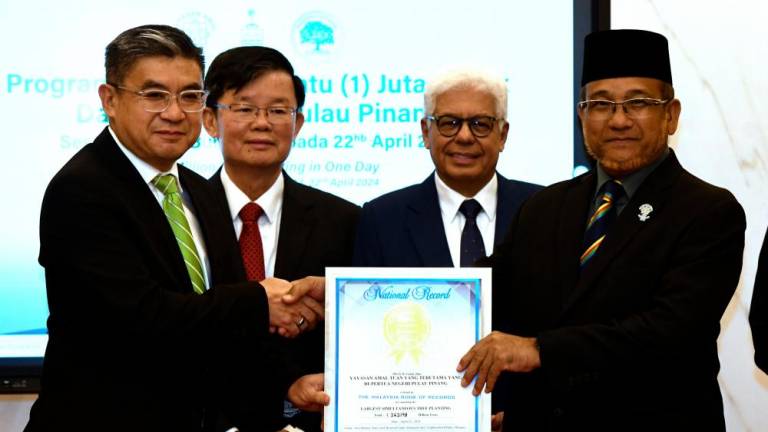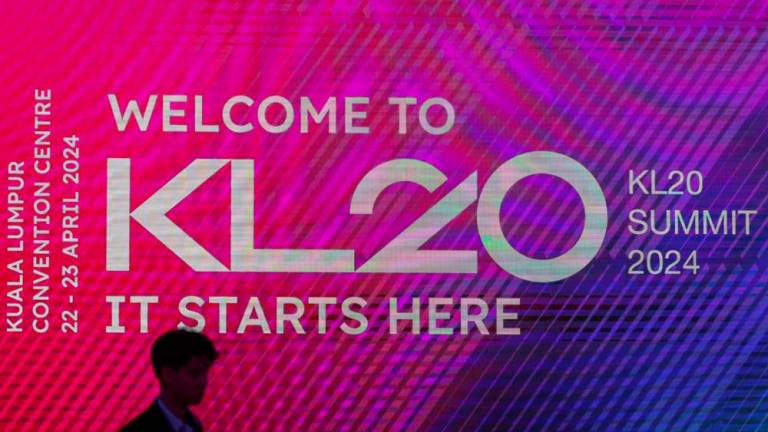KUALA LUMPUR: After embarking on a series of Public Consultation Programme town halls in five states, the National Higher Education Fund Corporation (PTPTN) wants Malaysians to review the facts before providing their feedback.
PTPTN Public Consultation Independent Advisory Panel chairman Sheikh Shahruddin Sheikh Salim hoped the wider public not just PTPTN loan borrowers would weigh in, for the corporation to make fair and balanced decisions.
“The PTPTN public consultation programme which began on May 16 and concluded in University Sarawak Malaysia (Unimas) last Friday had not only captured feedback on the 10 ideas presented but also promoted the understanding of the key facts and address queries that will enable the public to provide better, fact-based input,“ he said in a statement here, today.
The public can still submit their feedback via the official PTPTN portal http://www.ptptn.gov.my/kertas-konsultasi-rakyat, before it closes on June 13, 2019. Since its launch, only 18,862 feedbacks were recorded from the 180,163 visitors to the programme.
Sheikh Shahruddin said the most common misinformation that came to light during the sessions were about Pakatan Harapan (PH)’s GE14 manifesto promising borrowers that they need not repay their loans, and abolishment of PTPTN.
Notwithstanding, one of PH’s manifesto pledges pertaining to PTPTN, that is, lifting of the travel ban on defaulters had already been fulfilled while another, that is, deferment of loan repayment for those earning RM4,000 and below was being looked into.
If the deferment is implemented, PTPTN’s collection would fall by one third to only RM950 million annually as 68% of borrowers are currently earning below RM4,000.
“It would take 15 years for fresh graduates with a starting salary of RM2,000 and an annual increment of 5% to earn RM4,000,“ added Sheikh Shahruddin.
He said the issue was whether to pay now or pay later when the borrower is in his or her late 30s.
“It was never about not paying, which is a rampant assumption,“ he said.
As for the abolishment of PTPTN, he said it would mean the private sector stepping in to provide higher education loans with much higher interest rates and stricter approvals that would likely burden students from the lower income group (B40). — Bernama













